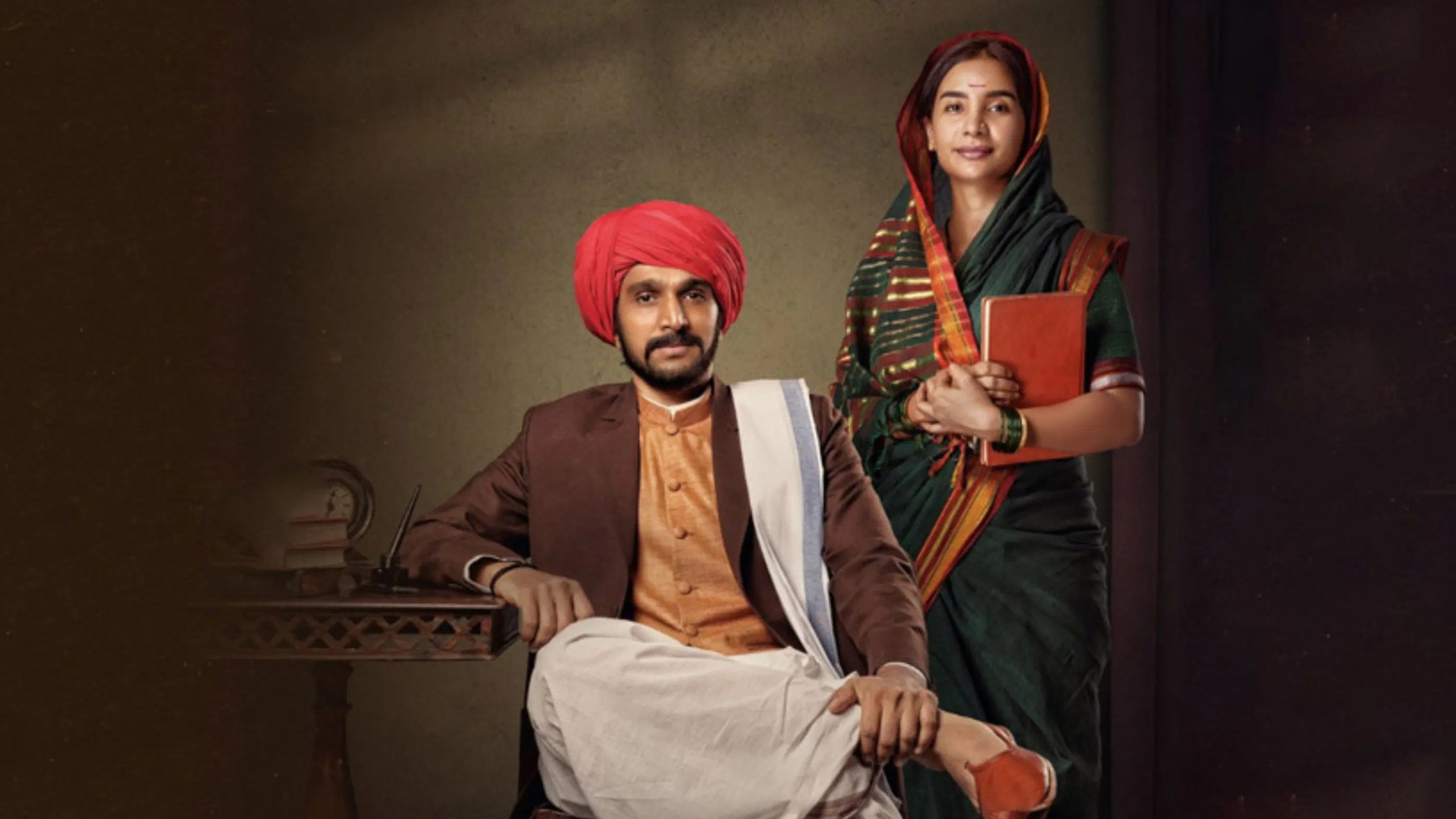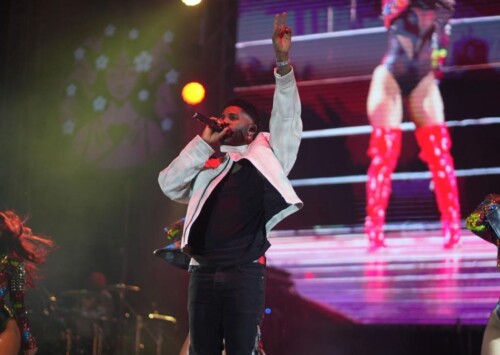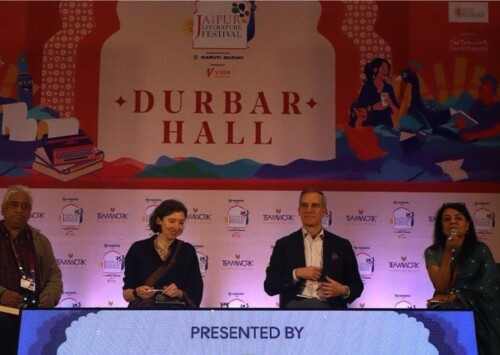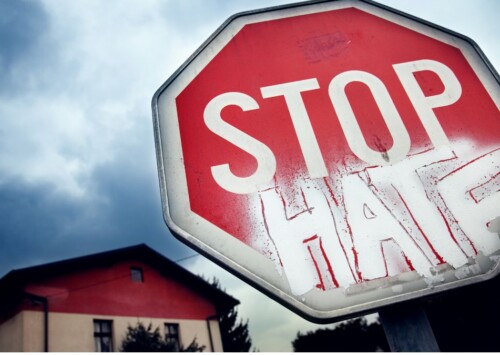From free voices to filtered narratives: OTT censorship in India
Shrinking space for creative freedom

As the political climate is becoming more polarised, content on OTT platforms is facing greater scrutiny
OTT platforms, which once offered Indian creators the freedom to tell bold, socially relevant stories until growing censorship pressures began to close that space. The recent controversy around Phule, a biopic on social reformers Jyotirao and Savitribai Phule, highlights how even historical narratives are now under intense scrutiny in an increasingly polarised climate.

As the political climate is becoming more polarised, content on OTT platforms is facing greater scrutiny
Recently, streaming platforms, which opened new doors for filmmakers and writers who were finally able to go beyond the limits of mainstream cinema’s commercial formulas and the tight grip of social boycotts, have increasingly come under fire, finding themselves accused of offending certain sections of society and sparking cultural controversies.
As the political climate becomes more polarised, content on these platforms is facing greater scrutiny, from both government authorities and right-wing cultural groups. What was once seen as a safe space for creative voices is now under pressure to conform.
A controversy surrounding the film Phule further highlights this shift. Directed by Ananth Mahadevan, who also directed the 2022 Hindi-language drama, The Storyteller. Phule also stars Pratik Gandhi and Patralekhaa in lead roles, the film is a biopic of social reformers Jyotirao and Savitribai Phule. It portrays their struggle against caste-based discrimination and their efforts in promoting education for the marginalised in 19th-century.
Despite its historical significance, the film faced backlash from certain groups who objected to scenes depicting caste-related slurs and violence, such as a boy throwing cow dung at Savitribai. These groups argued that the film portrayed Brahmins in a negative light and ignored their contributions to social reform. In response, the Central Board of Film Certification (CBFC) directed the filmmakers to alter several scenes and dialogues, including terms like ‘Mahar’, ‘Mang‘ and references to the ‘Manu system of caste’.
Mahadevan defended the film’s portrayal, stating that it was based on extensive research and aimed to highlight the Phules’ contributions to social justice. He acknowledged the need for some edits but maintained that the core message remained intact.
A pattern of suppression
“Ban the movie, protect our honour and culture”, this slogan is often heard whenever a controversial film is released. Whether it is religious or social groups, some communities feel that certain films hurt their sentiments. What usually follows are demands to cut so-called “objectionable” scenes, and sometimes, entire sequences are removed. This has slowly become a trend, though not a healthy one, raising concerns about censorship in Indian cinema.
OTT platforms became a space for bold, honest storytelling. Topics like caste, religion, gender, sexuality and political criticism were explored with a freedom rarely seen in mainstream films.
But that freedom now seems under threat.
What happened with Phule is not an isolated incident. Over the years, many shows and films released on OTT platforms have repeatedly come under intense scrutiny for allegedly hurting the sentiments of particular communities.
As a result, several of them have faced backlash and controversy, and some even witnessed a drop in viewership, despite their bold, content-driven narratives that often hold up a mirror to society.
Tandav, 2021 – Amazon Prime Video
A political thriller, Tandav drew immediate fire for a scene that depicted a university play involving a Hindu deity. Right-wing groups accused the show of mocking Hinduism, leading to multiple FIRs, an apology from the creators and forced edits.
The Ministry of Information and Broadcasting even summoned the streaming platform for explanation. The makers eventually had to cut some scenes from the series.
Leila, 2019 – Netflix
Deepa Mehta’s Leila, based on Prayaag Akbar’s novel, presented a dystopian future India dominated by a theocratic regime. It was accused of being “anti-Hindu” and promoting a Western agenda, despite its critical acclaim.
The show was trolled heavily, and its themes of majoritarianism and female subjugation were conveniently ignored. The series is still available to watch on OTT platform Netflix.
Bombay Begums, 2021 – Netflix
Alankrita Shrivastava’s series, which portrayed the complex lives of urban women navigating ambition, identity, and desire, came under fire from the National Commission for Protection of Child Rights.
The complaint focused on the depiction of minors engaging in drug use and conversations around sexuality. While intended as social critique, the show was accused of corrupting youth. While there is no confirmation for a season two, the first season of the controversial series is available on Netflix.
Paatal Lok, 2020 – Amazon Prime Video
Produced by Anushka Sharma, Paatal Lok was lauded for its gritty storytelling and commentary on caste, communalism, and institutional rot.
But its blunt portrayal of Hindu extremists and use of caste-based slurs drew objections from politicians and community groups, leading to FIRs and calls for a ban.
Sacred Games, 2018–2019 – Netflix
One of India’s breakout streaming successes, Sacred Games faced legal trouble when a character criticised former Prime Minister Rajiv Gandhi.
A petition was filed accusing the show of defamation, and it became one of the first major series to test the legal vulnerabilities of OTT content in India.
A Suitable Boy, 2020 – Netflix
The series sparked controversy over a scene depicting a Hindu girl kissing a Muslim boy in a temple. Right-wing organisations called the scene an insult to Hindu values and accused Netflix of promoting “love jihad”, resulting in police complaints and political pressure.
Krishna and His Leela, 2020 – Netflix
The Telugu film sparked outrage from right-wing groups over its title and character names, which were perceived as disrespectful to Hindu mythology.
Despite being a romantic drama, it was painted as blasphemous and faced calls for a ban.
Taali, 2023 – JioHotstar
Based on the life of transgender activist Gauri Sawant and starring Sushmita Sen, Taali received mixed responses.
While celebrated by LGBTQ+ communities, the series also attracted criticism from conservative circles for “normalising” non-binary identities and was accused of pushing a “woke” agenda.
IC 814: The Kandahar Hijack, 2024 – Netflix
The docudrama series based on the real-life hijacking of Indian Airlines flight IC 814 stirred controversy for portraying the hijackers with Hindu names. Critics, including political figures, accused the creators of distorting historical facts and promoting a biased narrative.
The backlash led to public outcry, FIRs and political pressure. In response, Netflix added disclaimers to clarify that the characters were dramatised and not representative of the real individuals involved.









